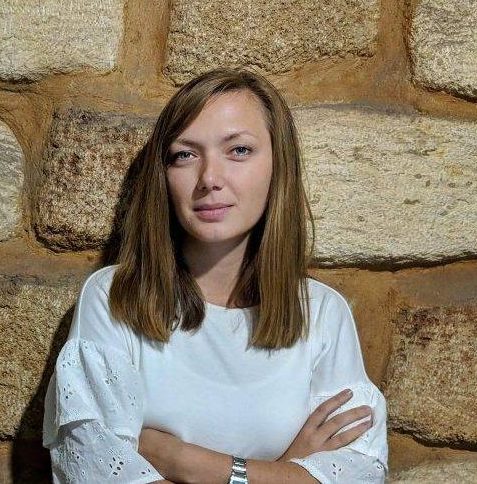Iraqi Prime Minister Mustafa al-Khadimi met with Iranian officials during an official visit to Tehran on June 26. Sources close to the Iraqi government said that Khadimi’s visit took place amid Baghdad’s mediation efforts to re-establish ties between Iran and Saudi Arabia. Iraqi Prime Minister arrived in Tehran only a day after being personally received in Jeddah, Saudi Arabia, by the Saudi crown prince and de facto leader of Saudi Arabia, Mohammed bin Salman. Over the past year, Baghdad has hosted five rounds of talks between Riyadh and Tehran. After the last round of negotiations held in April this year, Prime Minister Khadimi believed that reconciliation between the two countries was near. With its mediation bid, Iraq is trying to establish itself as a significant diplomatic player in the Middle East.
In a joint press conference, Iranian President Raisi and Iraqi Prime Minister al-Khadimi did not specifically mention Saudi Arabia, but they talked about easing tensions and improving relations in the region. Both stated that peace and stability in the Middle East depend on all regional actors. At the same time, the Iranian president criticised the presence of foreign troops in the region and all forms of rapprochement between the Arab states and Israel.
The statements occurred in the context of the planned visit of US President Joe Biden to Saudi Arabia this summer. According to some observers, the latter aims to strengthen a strategic partnership between Washington and Riyadh and push for normalising relations between Saudi Arabia and Israel, another in a series of normalisations of Arab states’ relations with Israel. In 2020, Tel Aviv, within the so-called Abraham Accords brokered by former President Donald Trump’s administration, restored diplomatic ties with the United Arab Emirates (UAE), Bahrain and Morocco. According to preliminary information, the meeting in Jeddah is likely to result in adopting a new regional security structure, with countering Iran as a common objective. Other Arab states such as Egypt, Iraq and Jordan might be invited to join the new structure.
Riyadh severed its diplomatic ties with Iran in 2016 after Iranian protesters attacked the Saudi diplomatic mission in Tehran and Mashhad in response to the execution of prominent Shiite cleric Nimr al-Nimr in Saudi Arabia. Riyadh and Tehran support opposing sides in multiple conflicts across the Middle East. Following the fifth round of negotiations in April, several reports informed that a possible meeting between the two countries’ foreign ministers would occur in the foreseeable future. The most significant development so far in Iran-Saudi relations is the reopening of Iran’s representative office in the Organization of Islamic Cooperation in Jeddah, Saudi Arabia, the participation of Iranian pilgrims in this year’s Hajj in Mecca, and positive statements by Iranian and Saudi officials in support of the revival of diplomatic relations.
In the broader regional context, the ongoing negotiations between Tehran and Riyadh revive prospects of ending the rivalry between the traditional regional rivals. Iran is also holding intensive talks on political and economic cooperation with the UAE. The latter is gradually resuming its status as Iran’s leading import partner, and official national delegations are travelling to Iran and the UAE. Iran also maintains long-standing strong relations with Oman and Qatar. In addition to economic cooperation, they are also involved in mediation efforts between Iran and the US to revive the Iran nuclear deal (JCPOA, Joint Comprehensive Plan of Action). The last round of indirect negotiations on the JCPOA took place under EU mediation at the end of June in Doha, the capital of Qatar.


